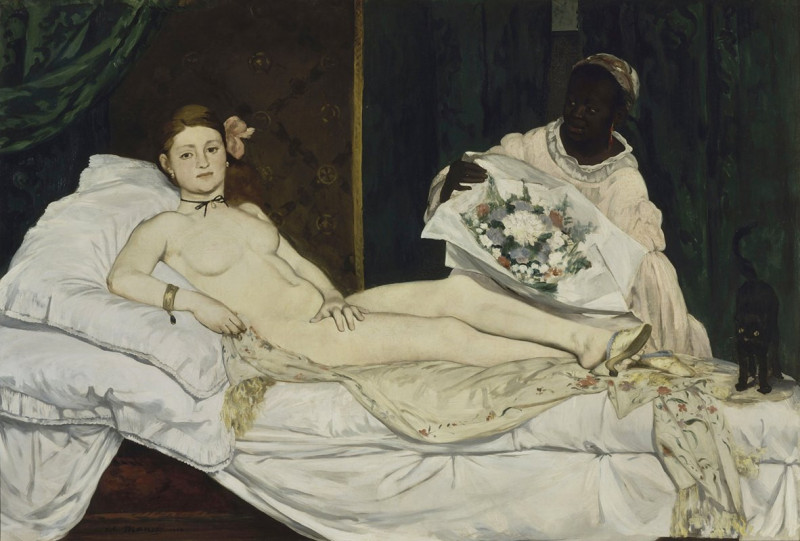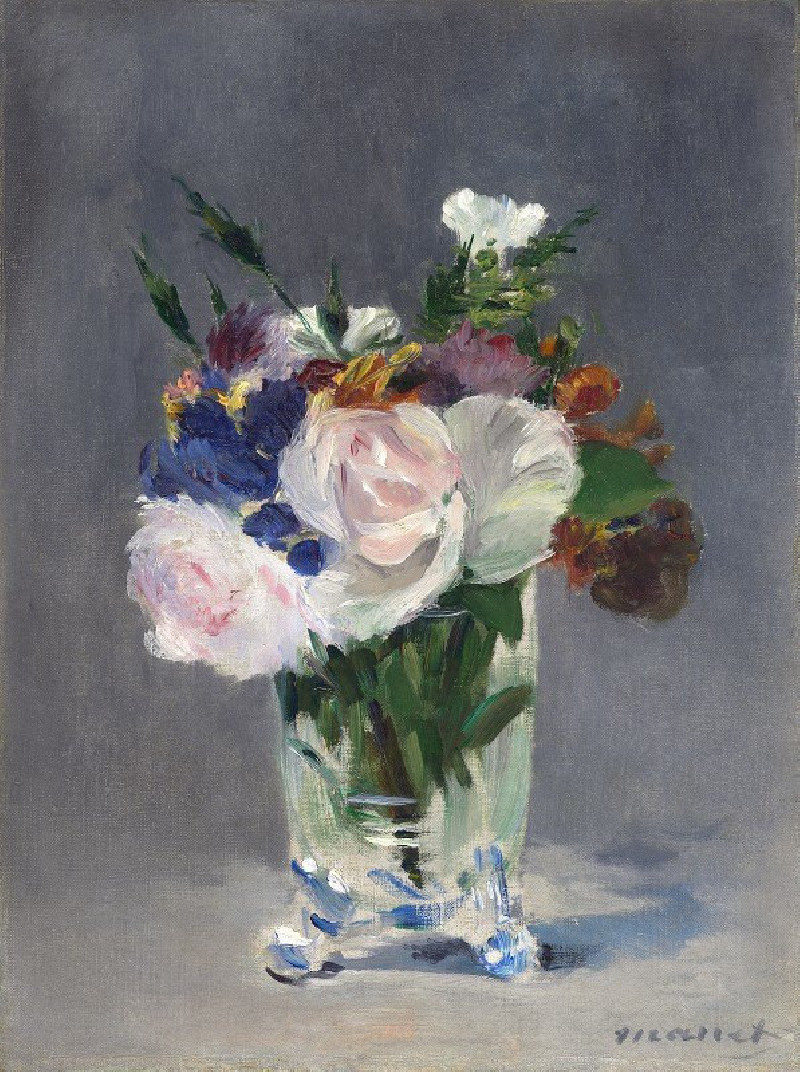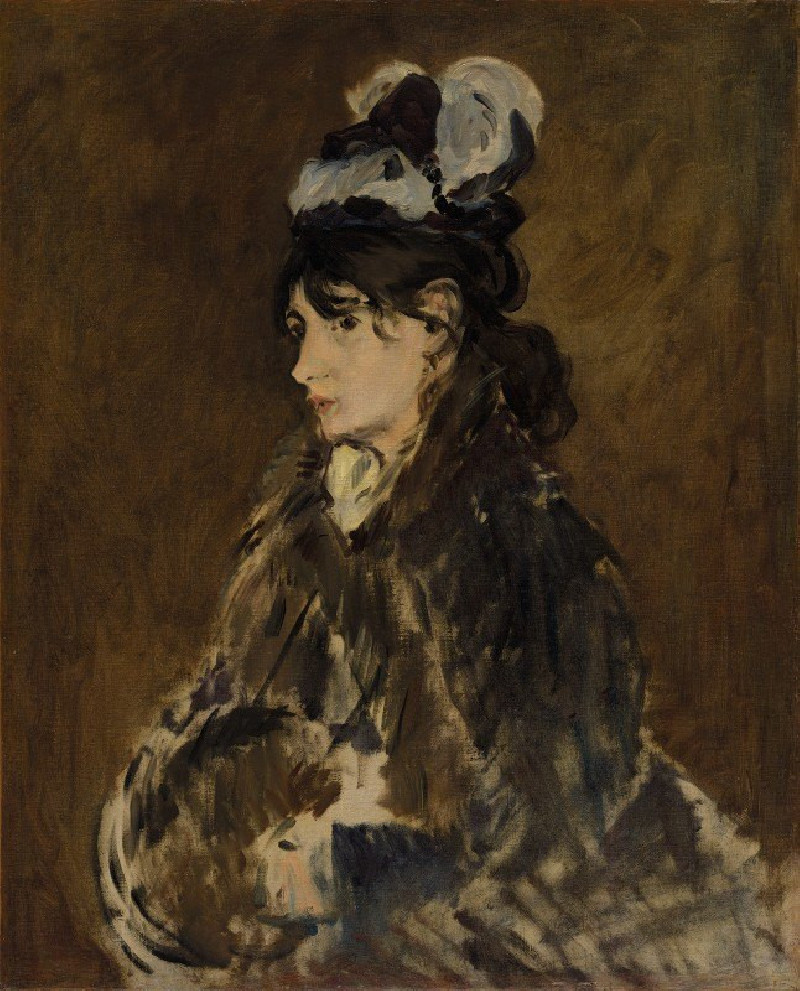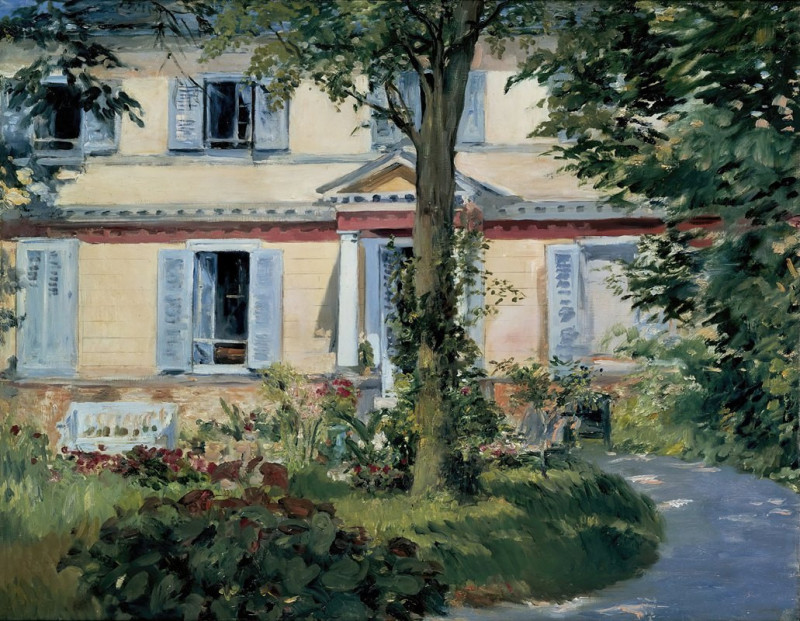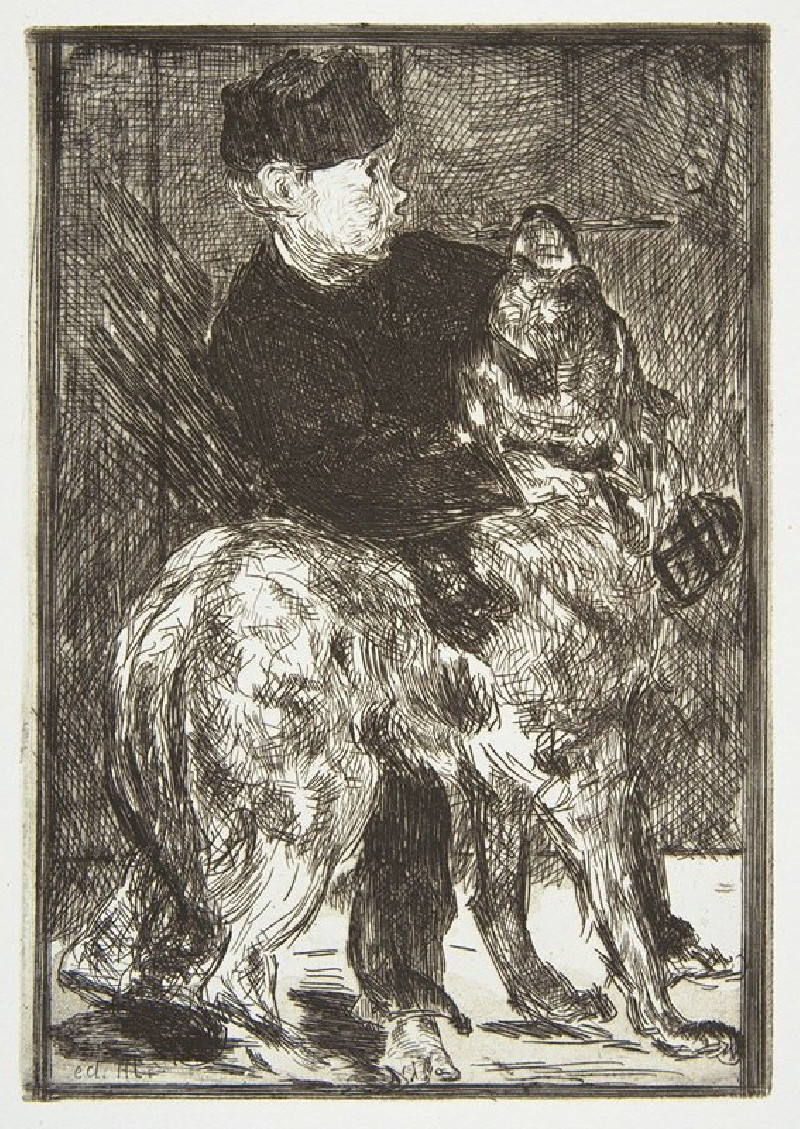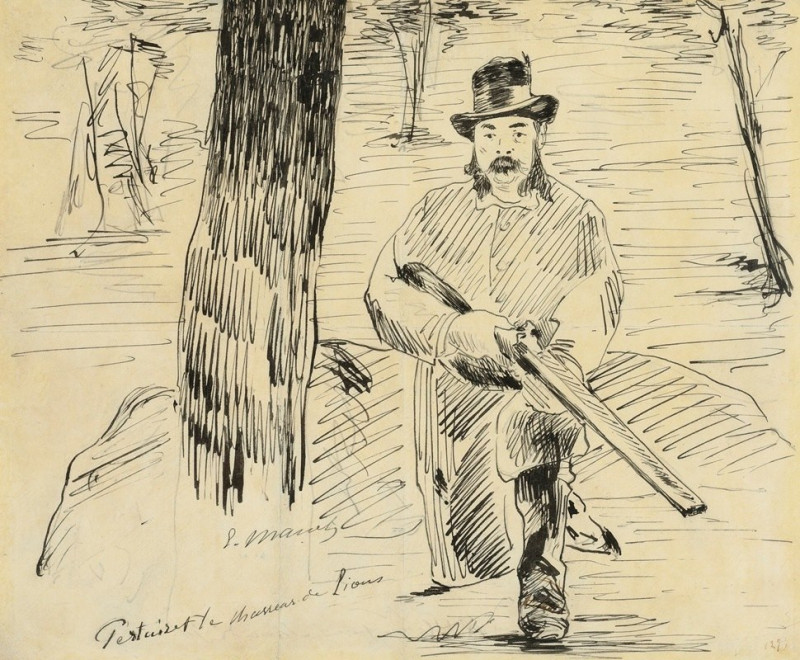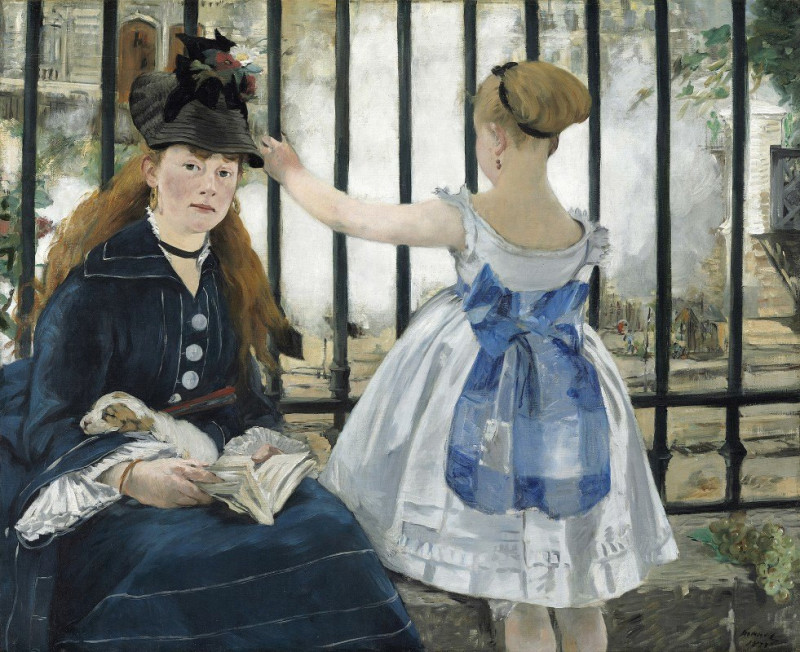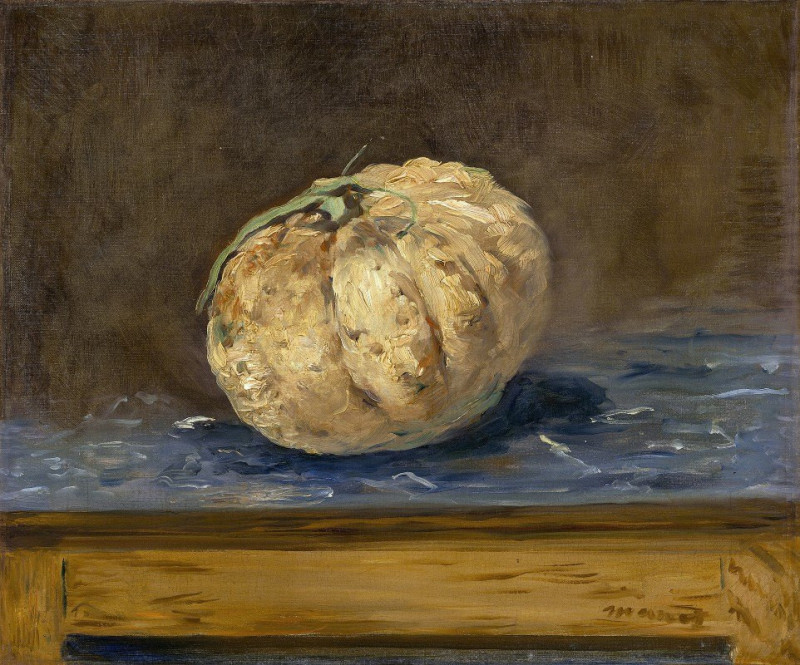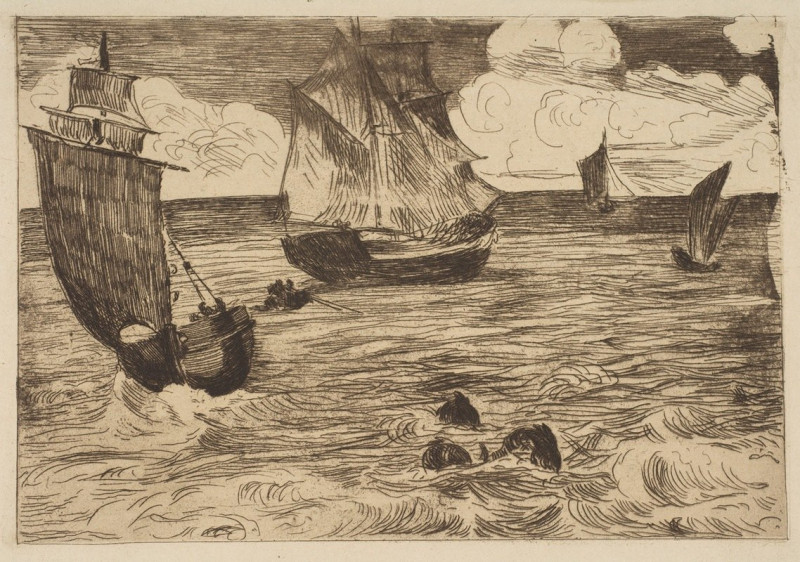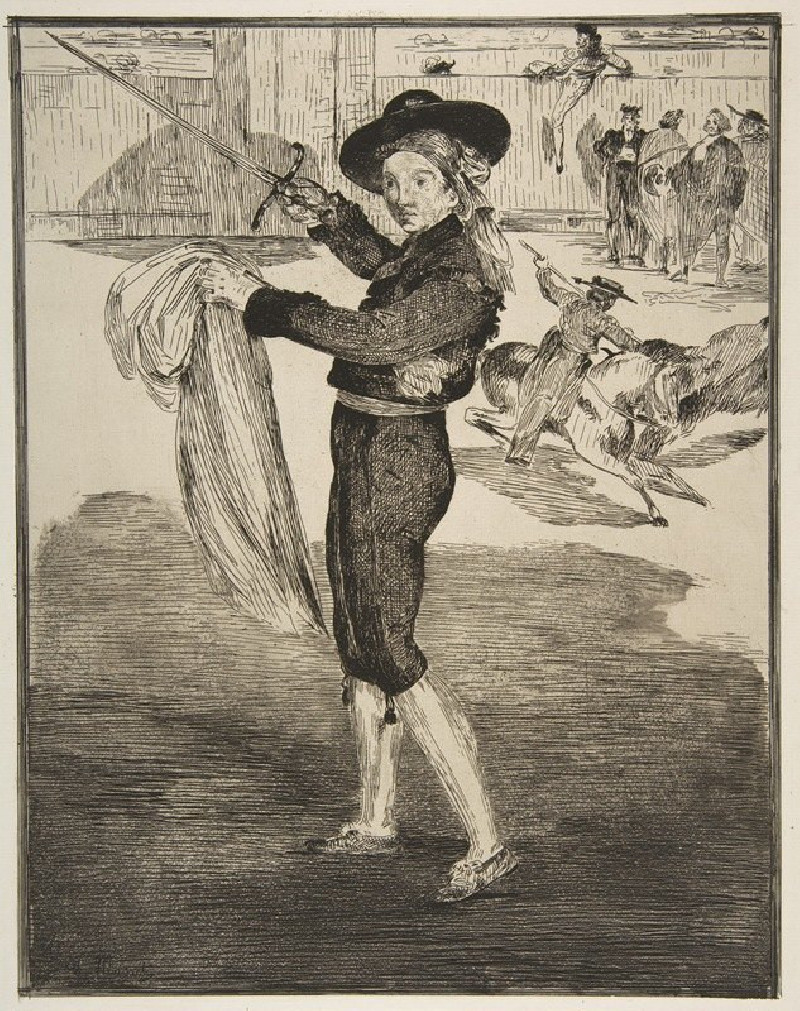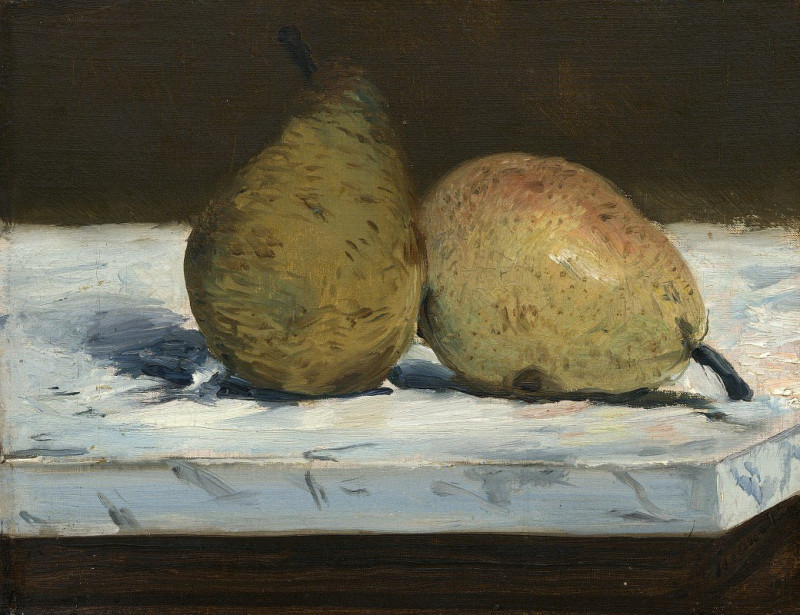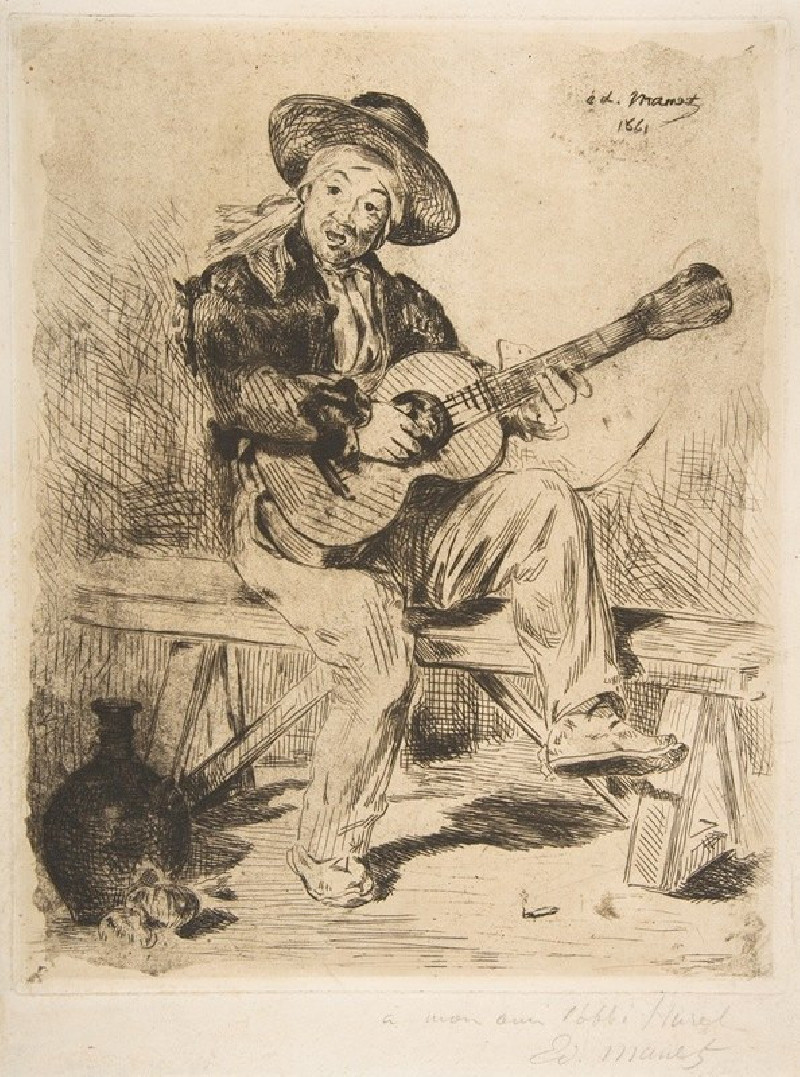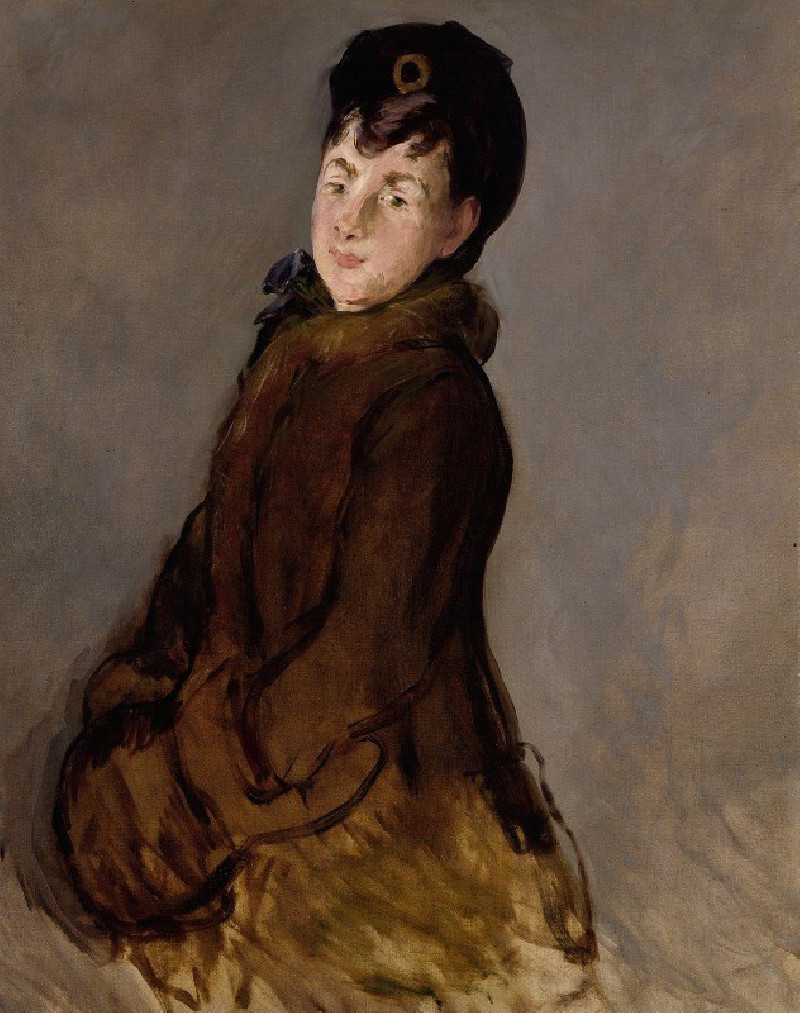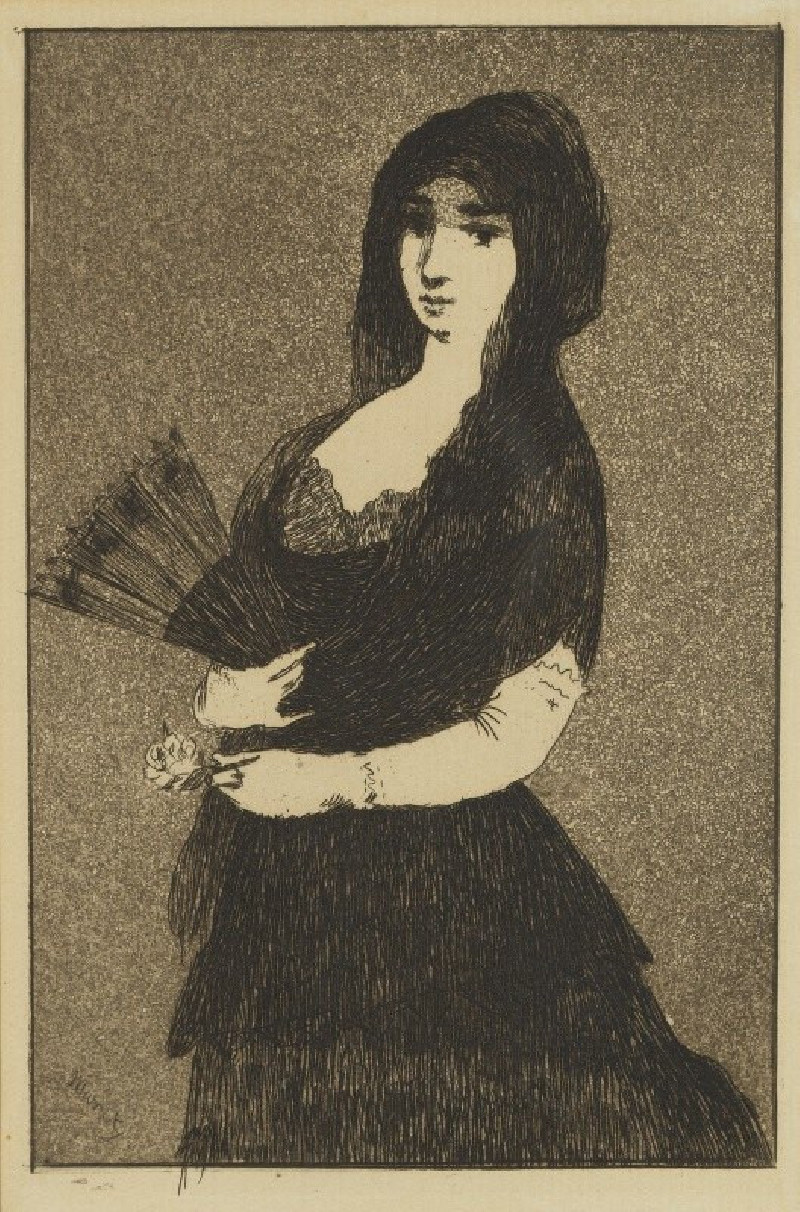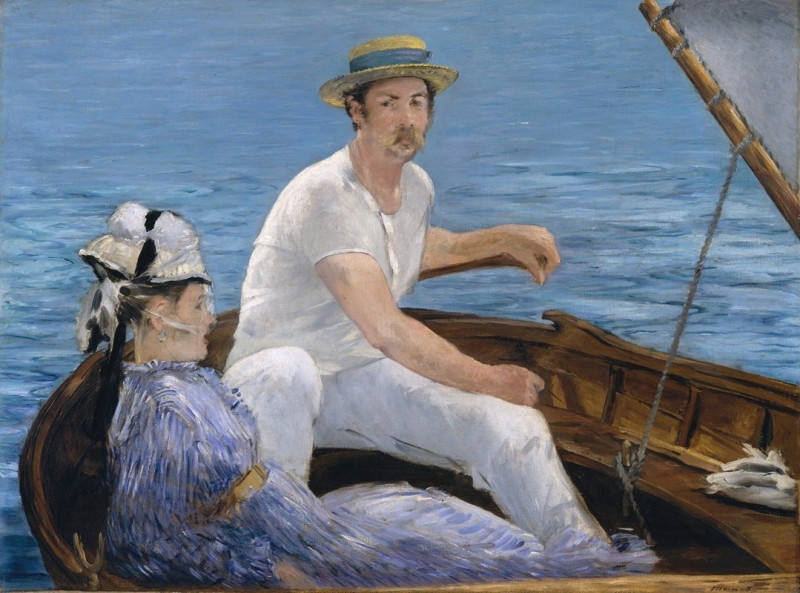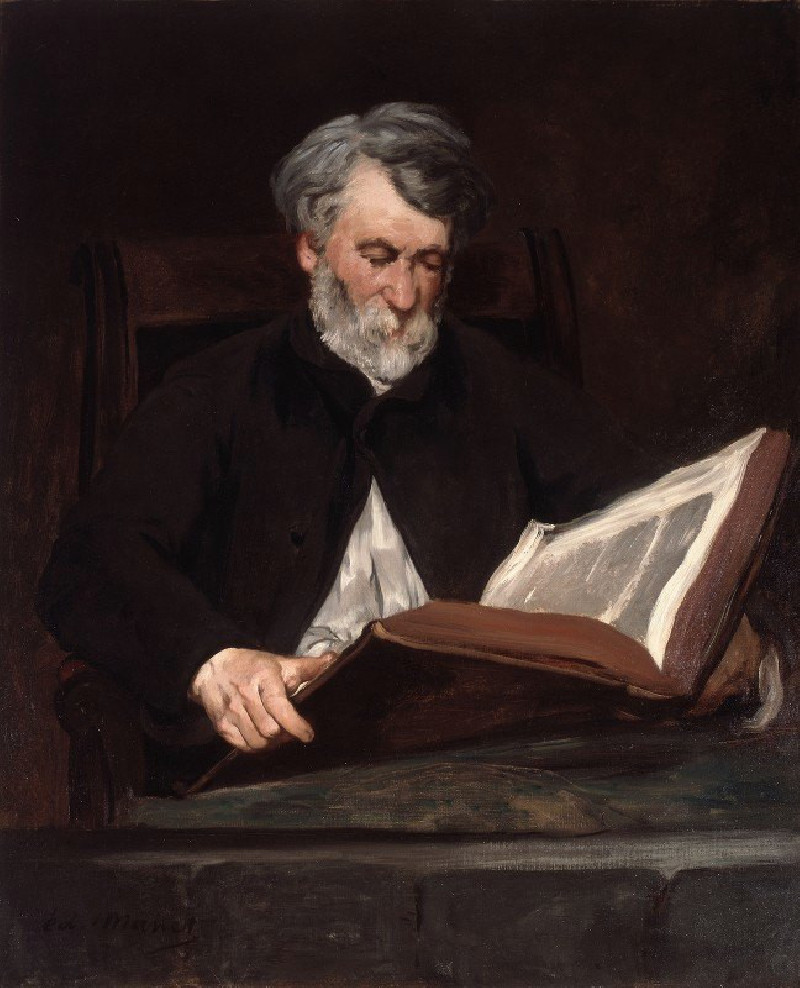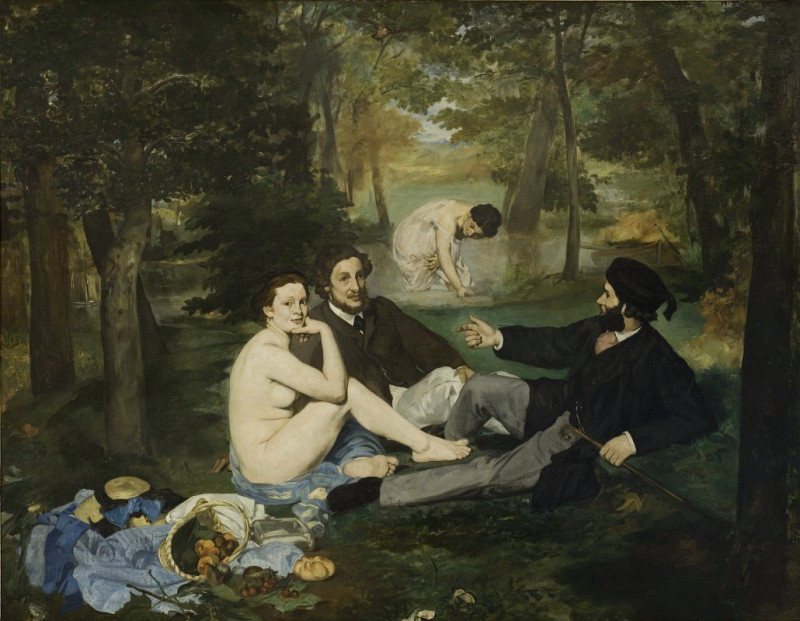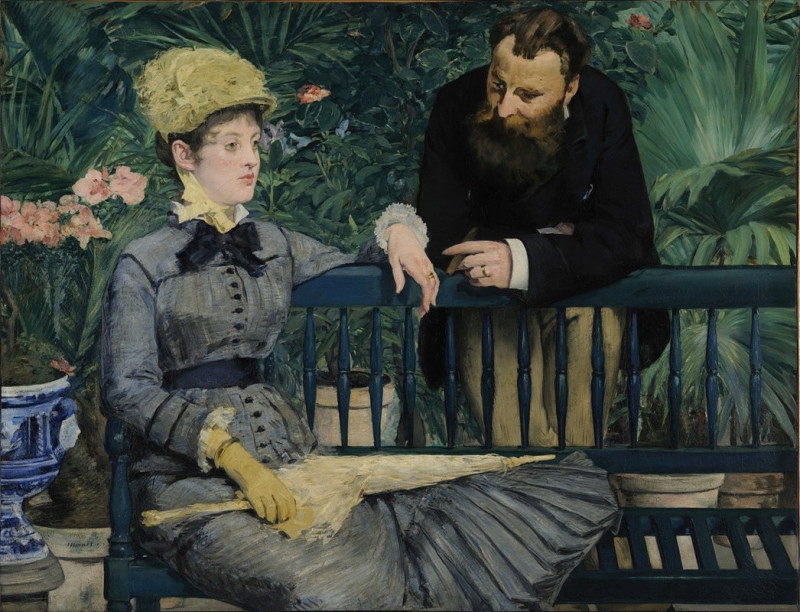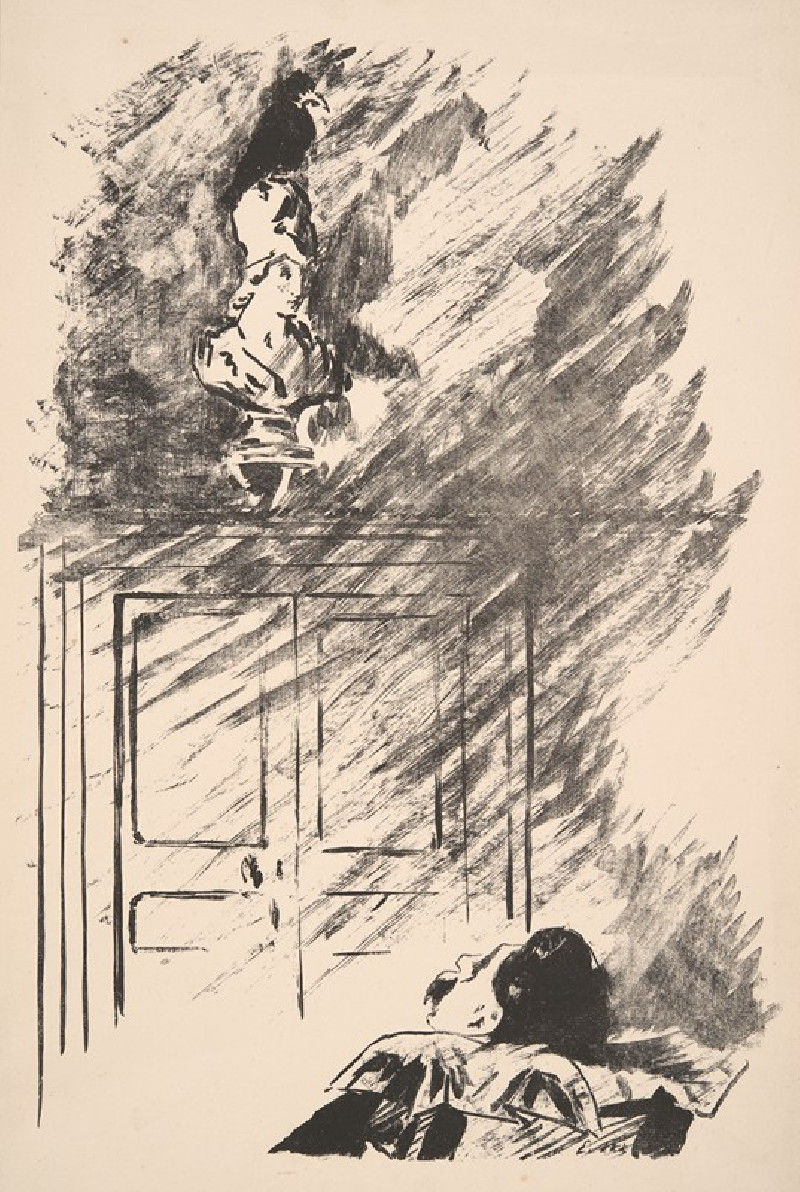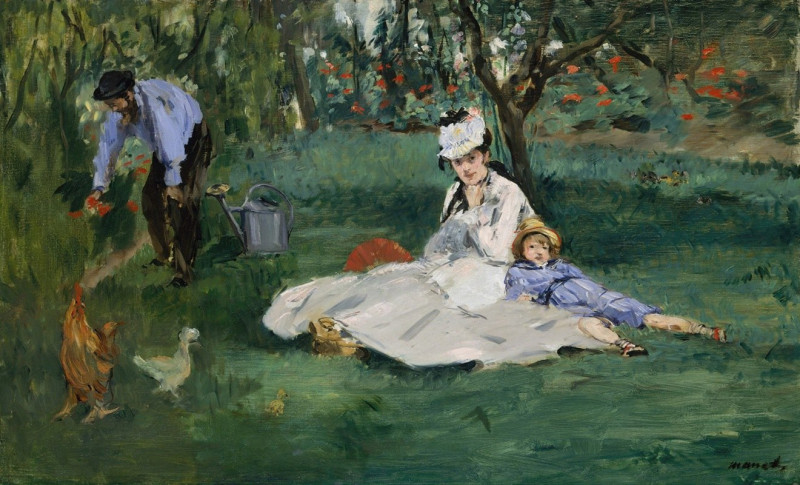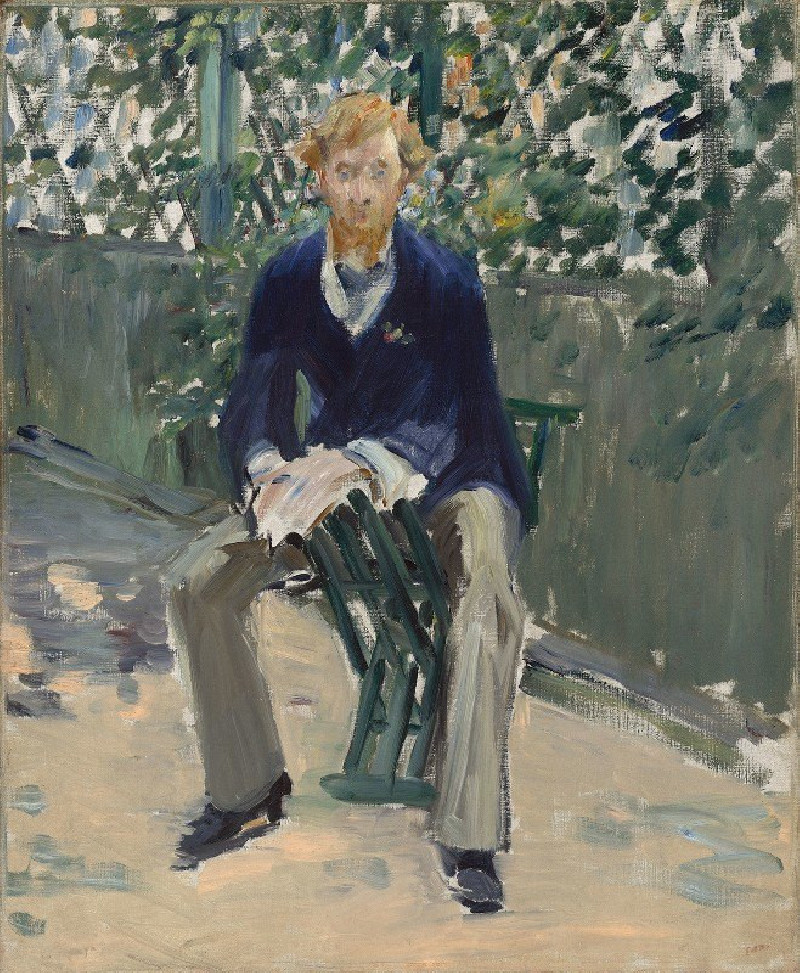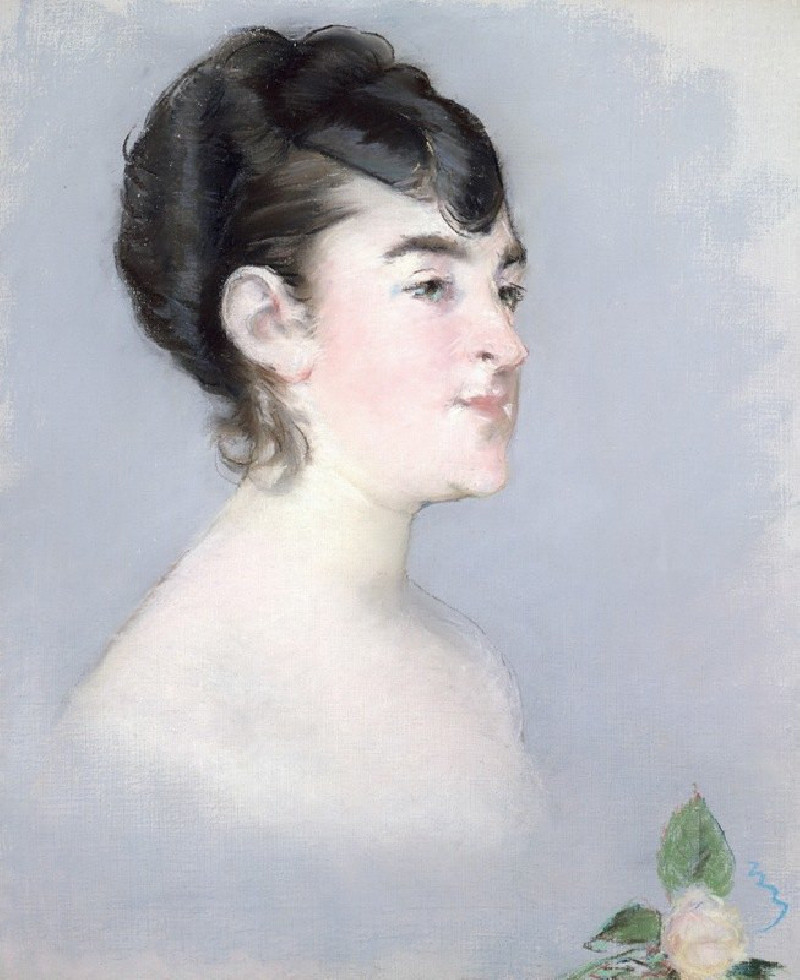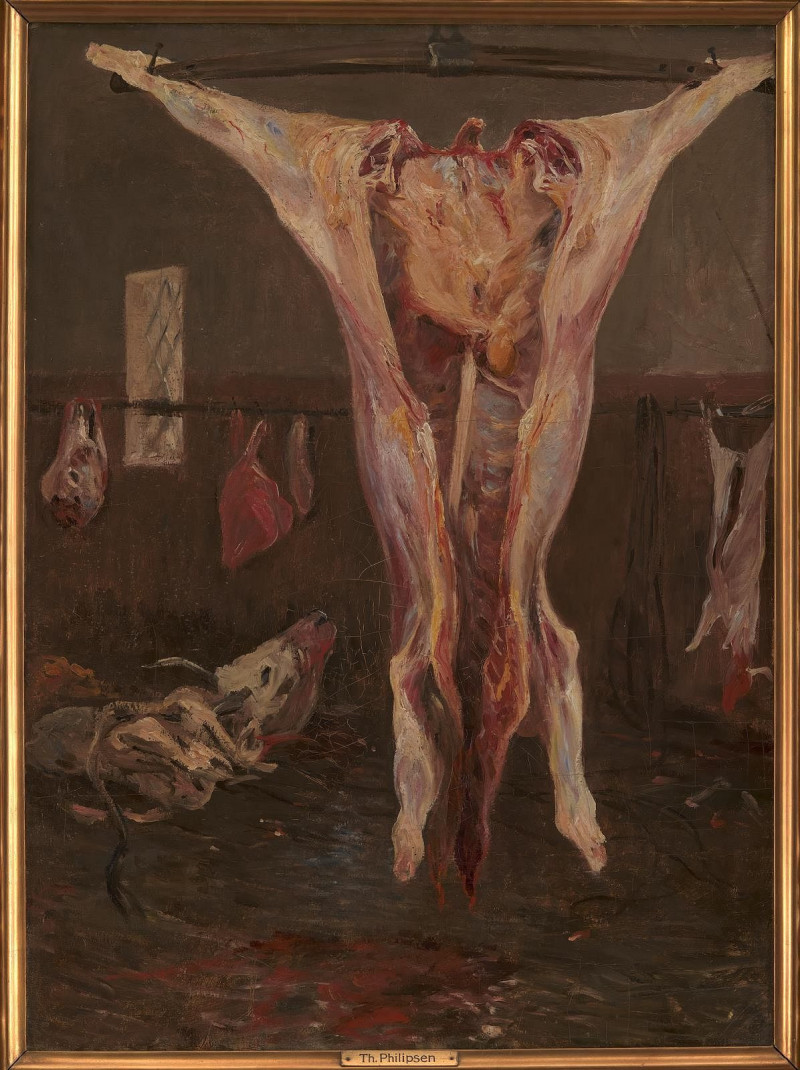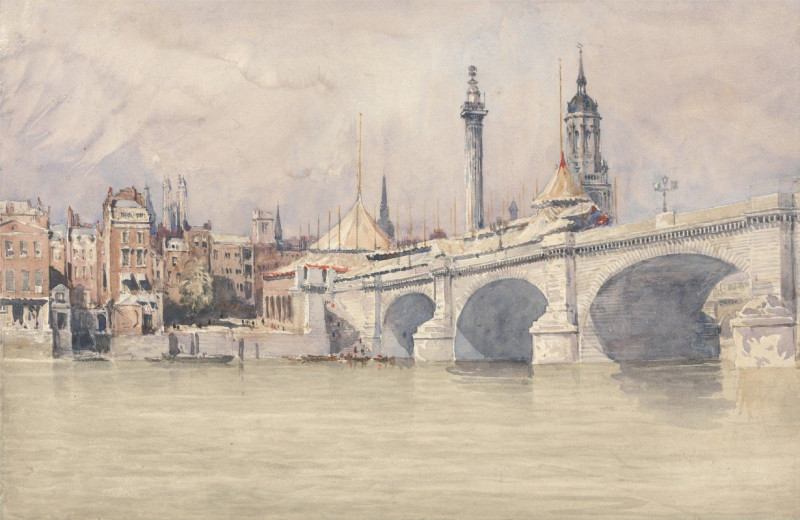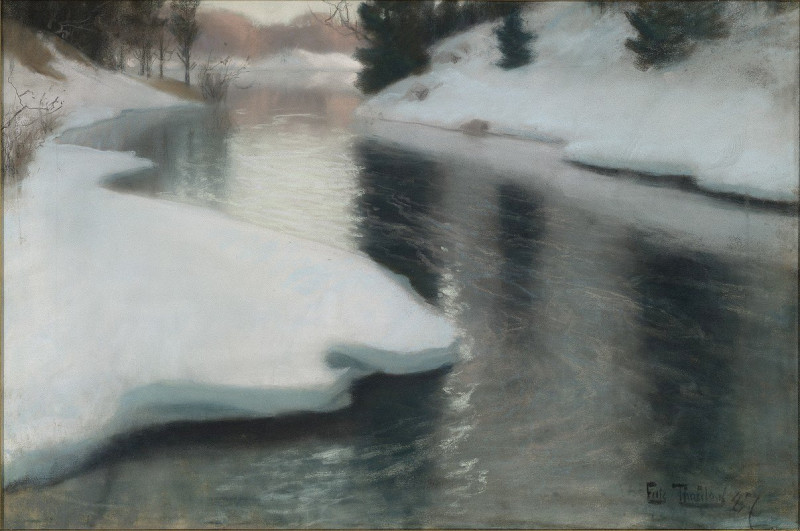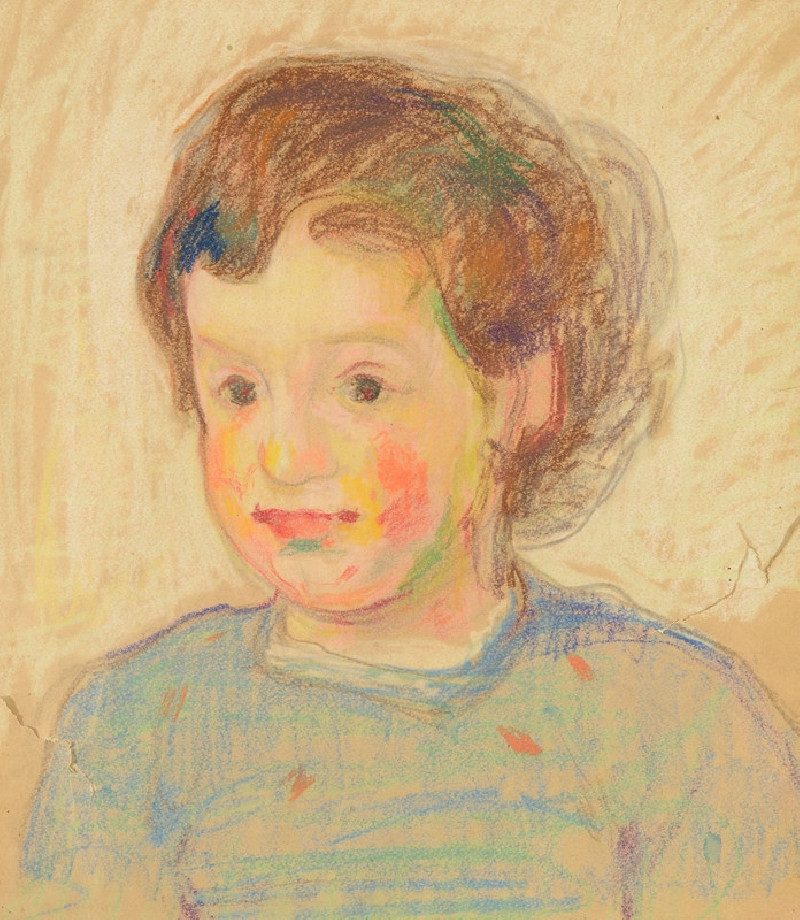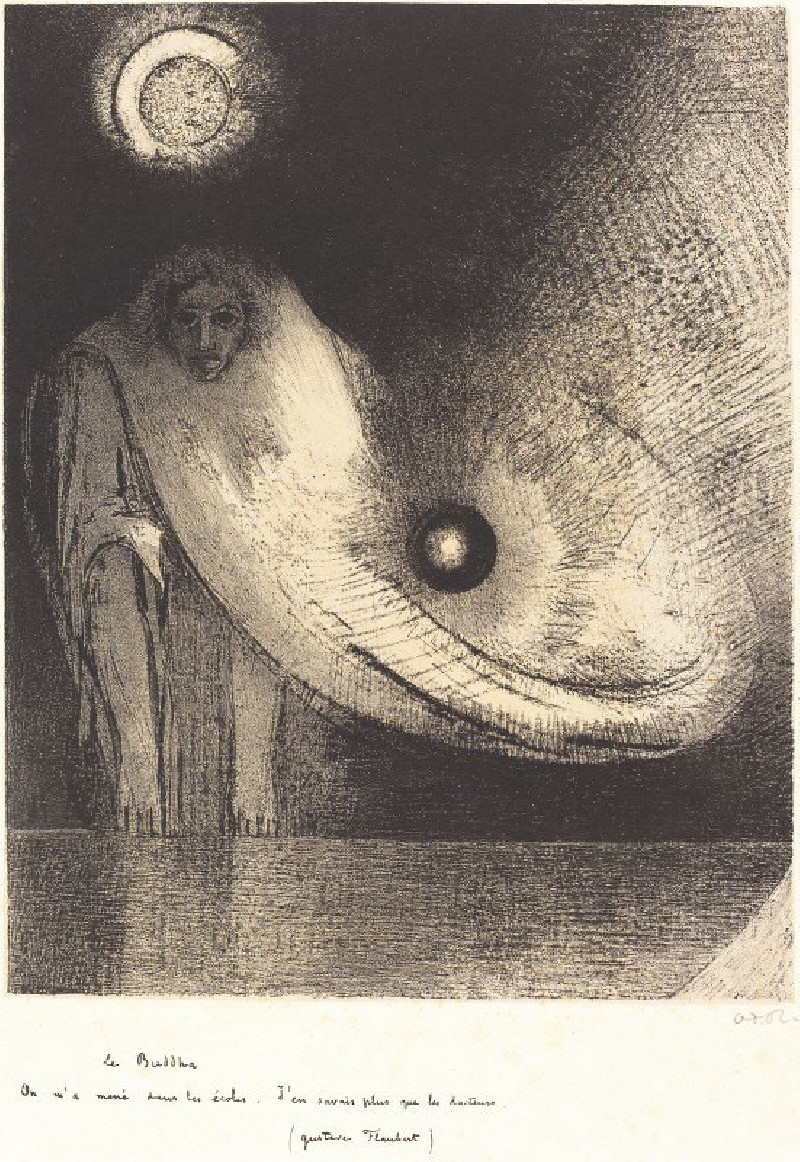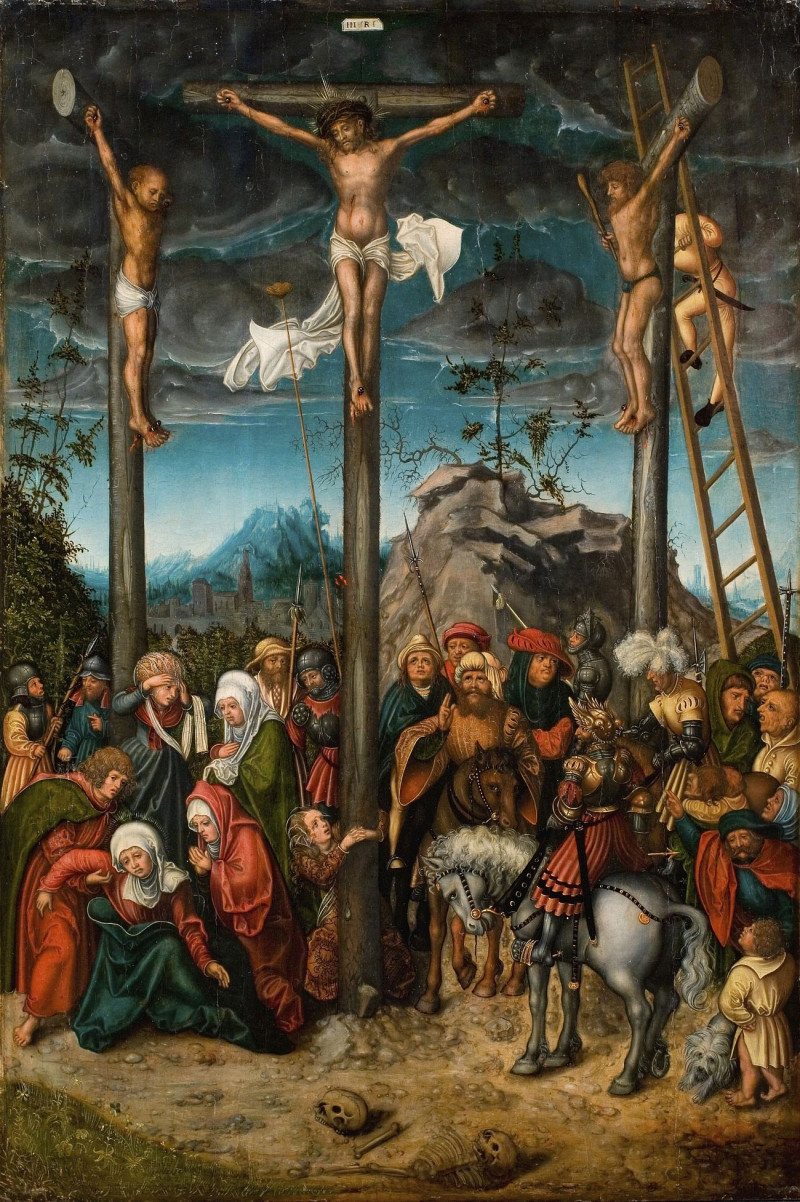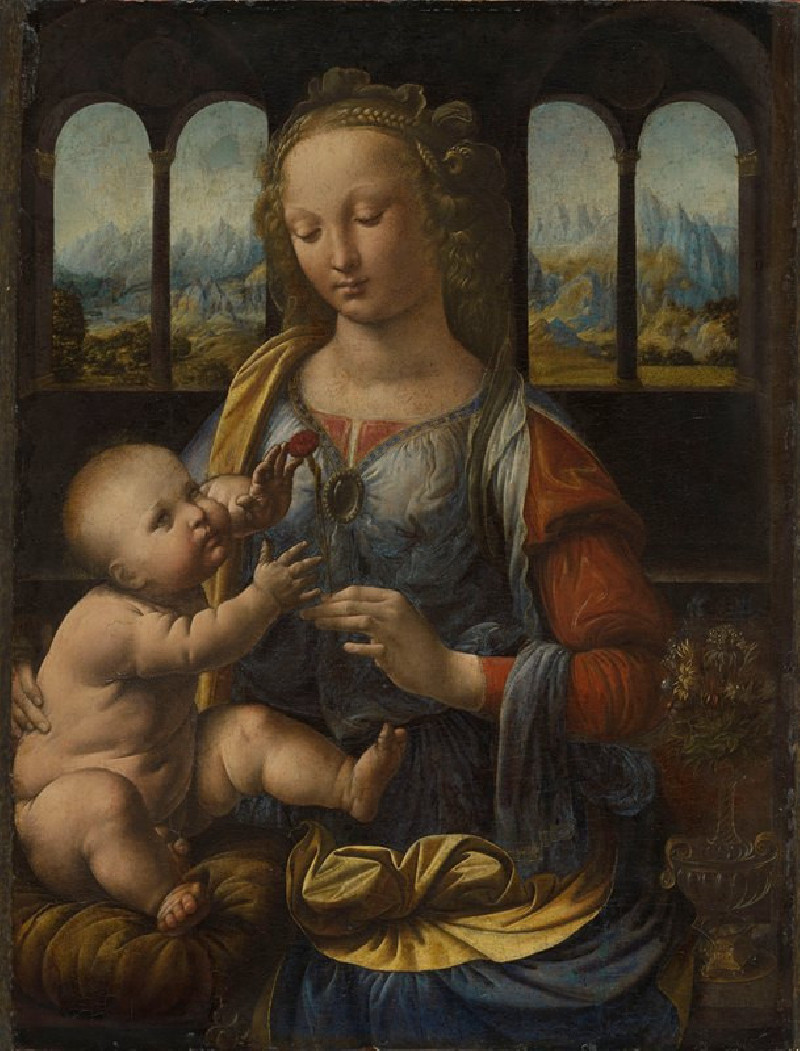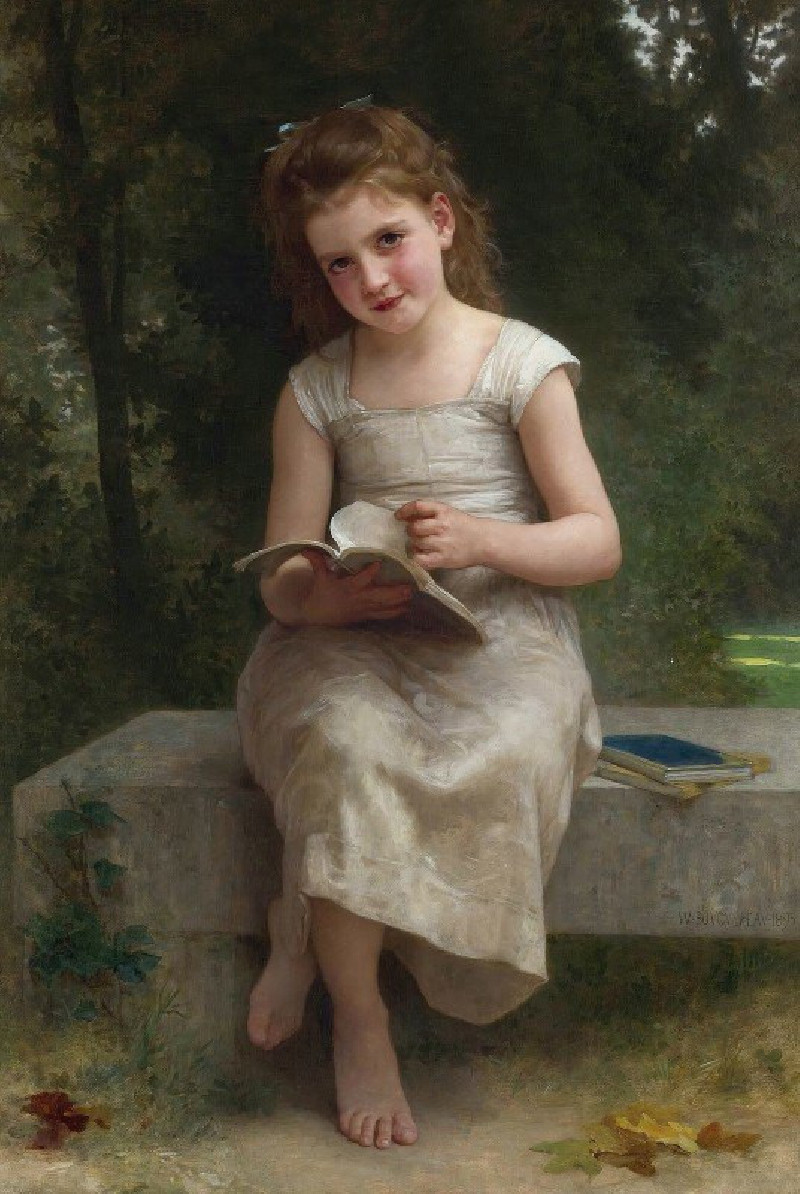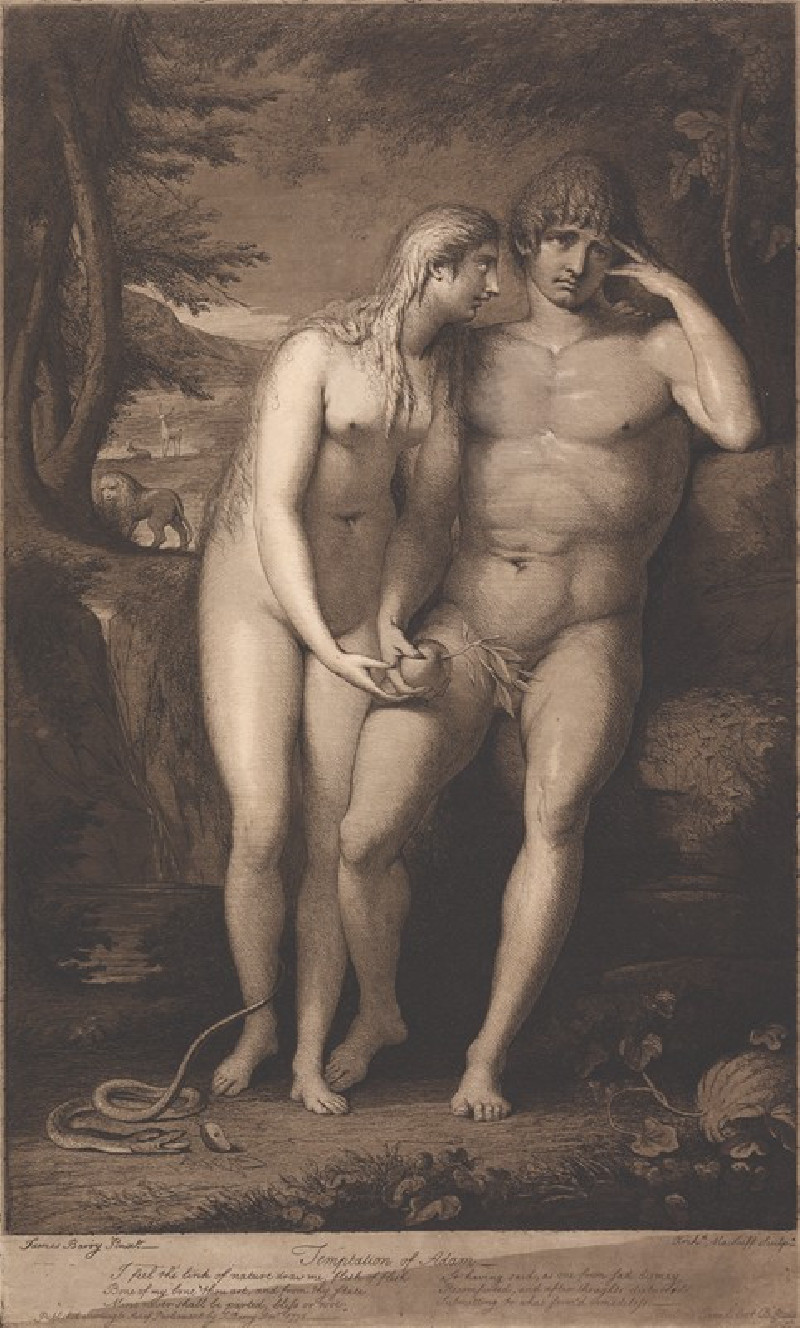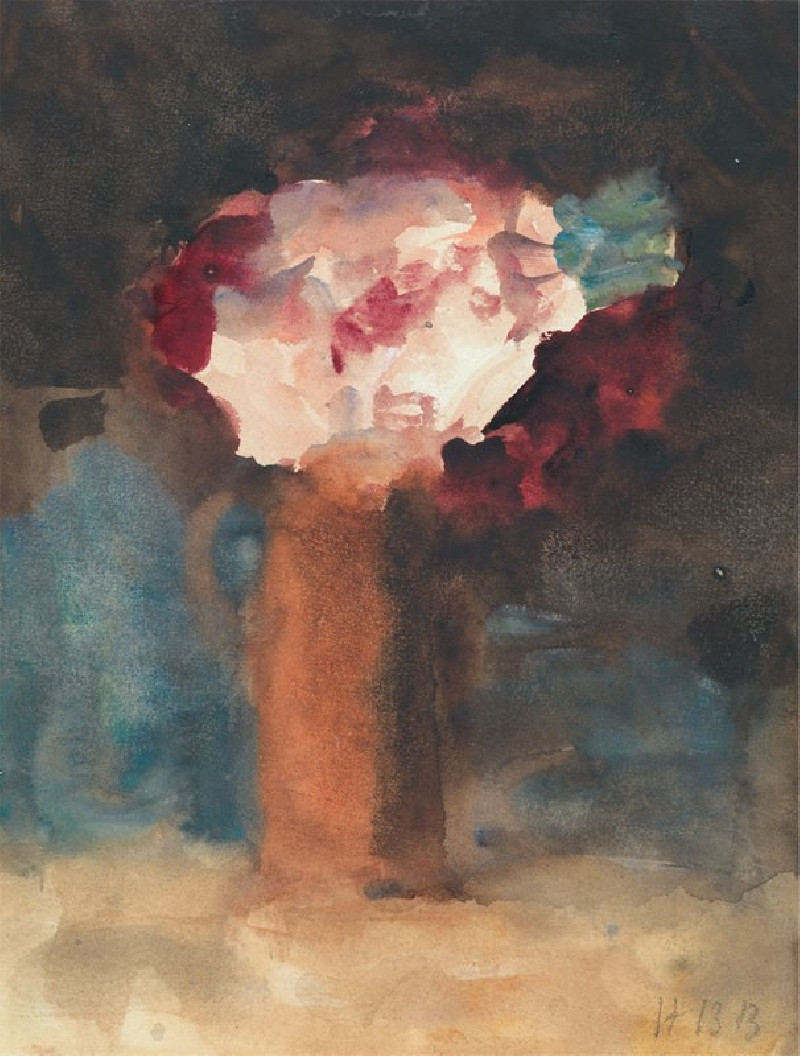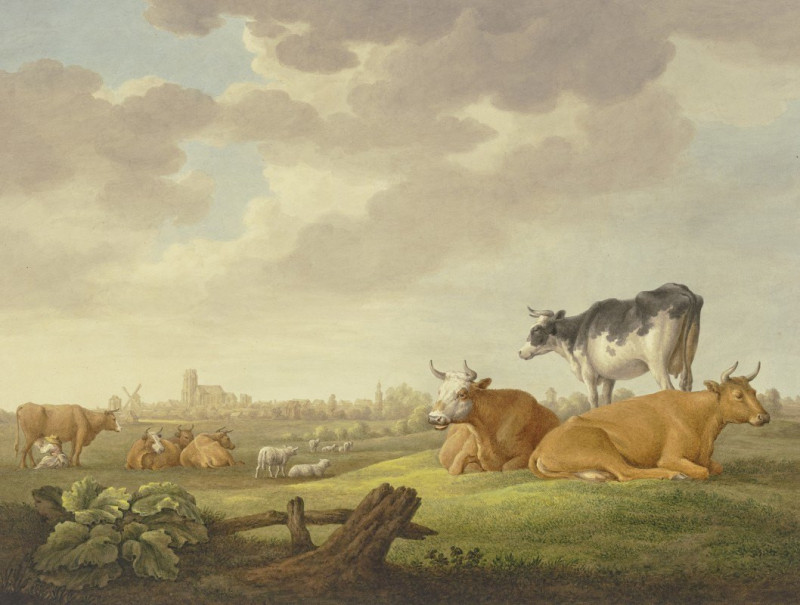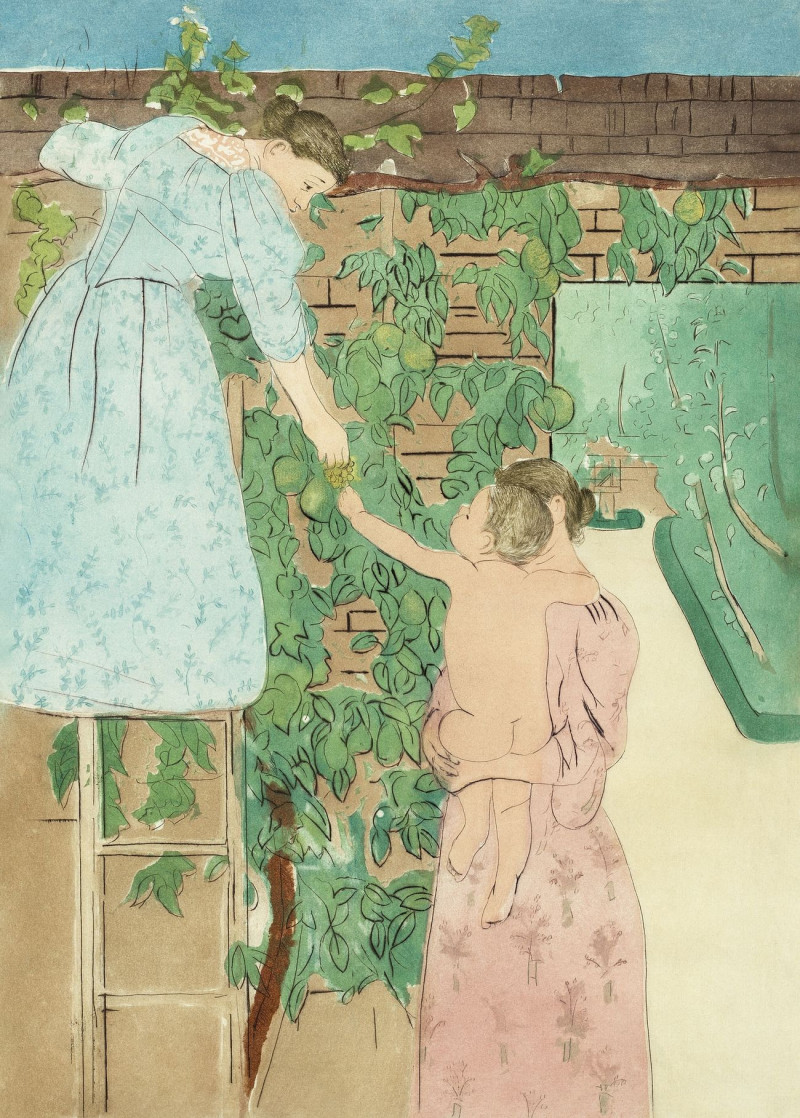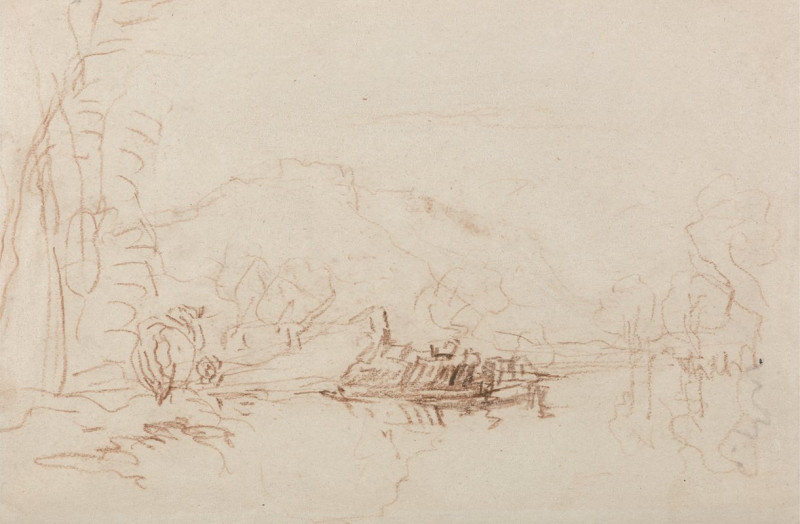Olympia (1863)
More about this artwork
Delivery
Reproductions are made to order and take 5 to 7 working days.
We send them out by courier and delivery takes another two working days.
If you need a reproduction sooner, please contact us - we can usually find a solution and produce it a little faster.
If you don't want to pay for postage, you can pick up your paintings at our galleries in Kaunas or Vilnius.
Returns
Yes, reproductions can be returned.
If you have any doubts more than 30 days after the date of purchase, please contact us - we will take the reproduction back for a refund or offer you a replacement!
We accept a maximum of two returns per customer - please note that we make reproductions to order, so please choose responsibly.
We do not refund shipping expenses.
Édouard Manet (1832–1883) was a French modernist painter and one of the first 19th century artists to paint modern life. His impressionist style is characterized by relatively small and thin brushstrokes that create emphasis on light depiction. Manet was one of the key artists in the transition from realism to impressionism, along with Claude Monet, Edgar Degas, and Pierre-Auguste Renoir. However, he resisted involvement in any one specific style of painting, and only presented his work to the Salon of Paris instead of impressionist exhibitions. His early masterworks, The Luncheon on the Grass and Olympia, created great controversy and served as a rallying point for other young painters.

